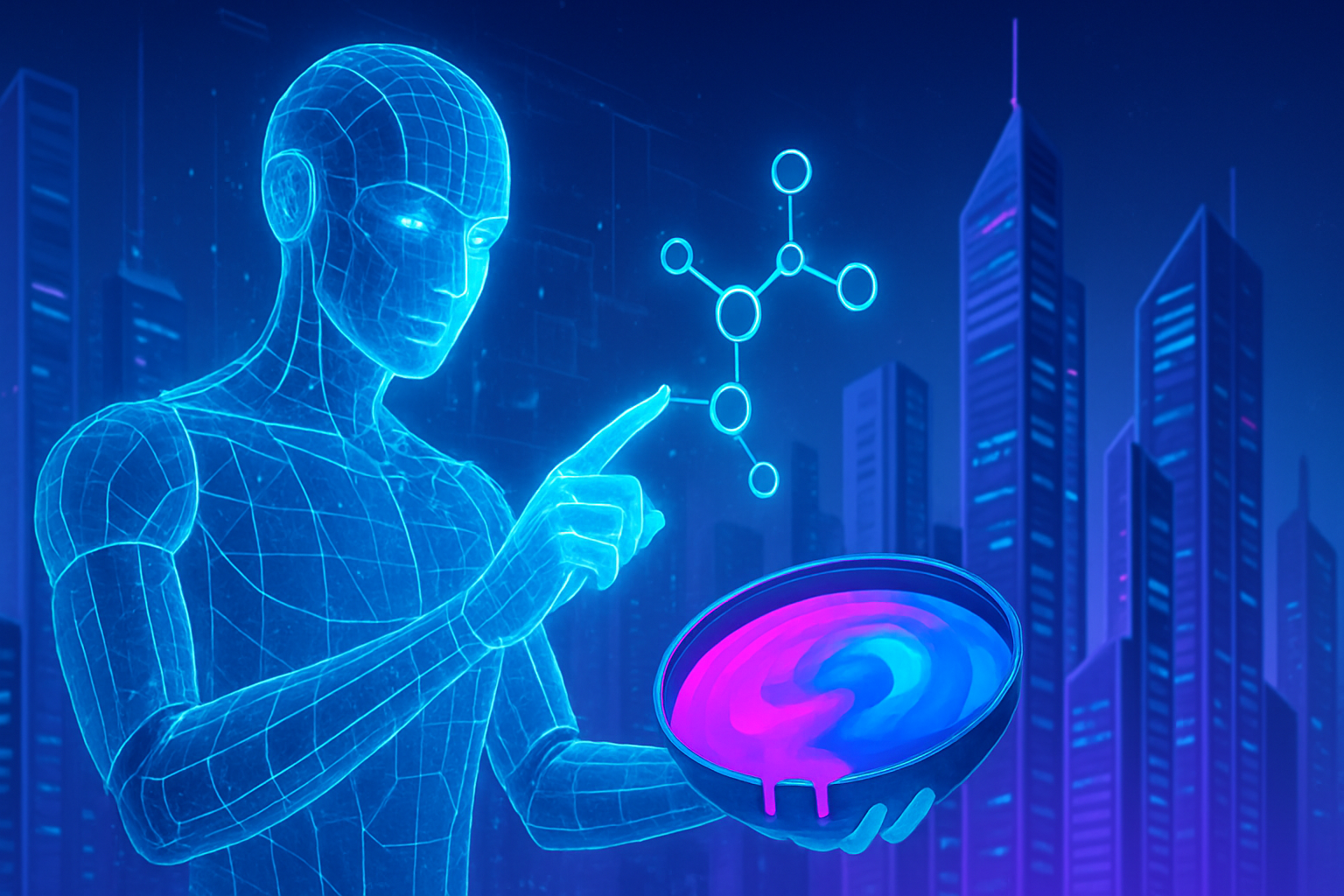Technological innovation is disrupting the traditional codes of the professional world, catalyzing unprecedented changes. A prominent entrepreneur from LinkedIn examines the potential of artificial intelligence to replicate his ecosystem. Troubling results raise pressing questions about the future of the social network. The quest to transform the creation and management of professional relationships could usher in a new era of interactions. The limits of software development are likely to be redefined as AI takes a central place in the digital universe.
An ambitious LinkedIn cloning project
Reid Hoffman, the co-founder of LinkedIn, recently shared a unique experience regarding the use of artificial intelligence in reproducing his own social network. Using the Replit tool, based on the concept of “vibe coding,” he attempted to clone LinkedIn without writing a single line of code. This project sparked a lively debate about the actual capabilities of AI and the implications of such cloning.
The cloning results: amazement and concern
The outcome of this experiment, shared on social media, generated varied reactions. For some, cloning LinkedIn using this AI represents a fascinating technological advance. For others, it raises questions about the future of social platforms and the implications for user data. Reid Hoffman himself appears conflicted, not expecting such a *disconcerting* result.
The rise of “vibe coding”
“Vibe coding,” which Replit ardently defends, challenges traditional notions of programming. This concept allows for the construction of applications and websites without the need for development skills. This radical shift in the approach to software development could transform the technological landscape. Young generations may thus adopt this new approach without having to master conventional programming languages.
The implications for developers
In the long run, the idea that AI could surpass developers seems plausible to some experts, including Amjad Masad, the CEO of Replit. According to him, learning to code could become obsolete, making critical thinking and problem-solving essential for future creators. This paradigm shift could lead to a new kind of creator, where the emphasis is more on innovation than on traditional coding techniques.
LinkedIn facing AI
As giants like Meta and X invest heavily in artificial intelligence, LinkedIn may follow this trend. Even though the creators of the network have not yet announced any specific AI project, the need to integrate these technologies seems irresistible. AI could thus become a central element in the evolution of the platform, enhancing user experience and available features.
Perspectives on the future of the tech sector
Discussions about the impact of artificial intelligence in the tech field are more relevant than ever. Companies, investors, and end-users must question the transformations this entails. Alongside notable advances, ethical and legal challenges remain. AI can bring significant benefits, but the associated risks must also be evaluated with the utmost care.
User FAQ
What is “vibe coding” and how does it work?
“Vibe coding” is a development method that allows for the creation of websites or applications without needing to write code. It relies on the use of artificial intelligences like Replit, which interpret instructions provided by the user to generate code.
Did Reid Hoffman really manage to clone LinkedIn using AI?
Yes, Reid Hoffman shared an experience where he asked an artificial intelligence to clone LinkedIn. The results were documented by screenshots, showing a reproduction of the social network, eliciting both surprise and concern among observers.
Are developers at risk of being replaced by AI in the near future?
Although AI can generate code and simplify the development process, it is unlikely to completely replace developers. However, the skills required for developers may evolve towards tasks involving more problem-solving and creativity.
Why do some believe learning to code is no longer necessary?
The CEO of Replit, Amjad Masad, argues that artificial intelligence can perform programming tasks effectively, thus reducing the necessity for new generations to learn to code. Instead, he encourages the development of critical thinking and problem-solving skills.
What implications does this have for LinkedIn users and professionals?
With the potential integration of AI on LinkedIn, users could benefit from enhanced tools for networking and professional interaction. This could also transform how professionals present their skills and connect on the platform.
Has LinkedIn announced specific projects for integrating AI into its services?
Currently, the founders of LinkedIn have not confirmed explicit projects for integrating artificial intelligence. However, given the growing trend of social networks adopting AI, it is likely that LinkedIn will consider AI-based solutions in the future.
How is artificial intelligence influencing the development of social networks?
Artificial intelligence enables social networks to enhance user experience, automate certain functions, and personalize displayed content. This can also lead to new ways of interacting and expanding professional contacts.






